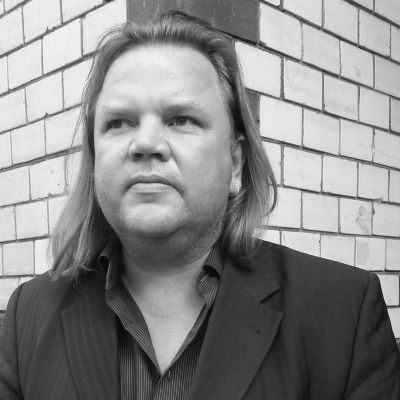Little importance was attached to public debate about the Shoah in the GDR. SHALOM, NEW GERMANY focuses on the life stories and emotion-laden accounts of the protagonists, depicting in the process how Jews lived and experienced life in the GDR – as communists and Jews, or vice versa?
Salomea Genin, who came to the GDR as a young communist full of illusions, hoped to make a difference through her work in the Jewish community. The GDR was also the adopted home of writer and journalist Walter Kaufmann. He returned to his Jewish roots late in life. Werner Lappe from Dresden came to the GDR together with his parents from exile in England. He considers himself a so-called "three-day Jew"; one who only goes to the synagogue on major Jewish holidays. Rock singer André Herzberg, our guide through the film, sensed his mother's inner conflict when she was forced to choose between her communist beliefs and the Jewish religion. For him, Jewish identity proved to be an anchor after the peaceful revolution of 1989. Musician Karsten Troyke also recalls, going all the way back to his school days, repeated anti-Semitic remarks in everyday life, even though anti-fascism was considered state doctrine at the time. Historian Prof Wolfgang Benz elaborates upon historical contexts and places them in the broader context of anti-Semitism research.
Text: Bernd Buder, material adapted from the armadaFilm website.
Supporting film for CHRONIK EINER RÜCKKEHR: LEBENSWEGE DEUTSCHER JUDEN IN DER DDR (Martin Pátek, CZ 1993, 58 min)





